List of Principal Investigators by Pillar
Technological dimension
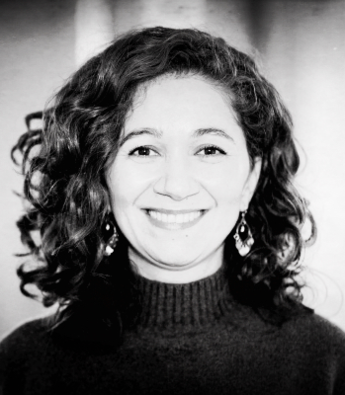 |
Prof. Dr. Sanja Lazarova-Molnar AIFB |
Knowledge culture is a living phenomenon that evolves with technological and societal progress. In today's world, the abundance of data has the potential to profoundly impact and change our knowledge culture. More importantly, the amalgamation of data with human knowledge opens up new ways of understanding the world and accessing previously inaccessible insights. My main interest is in exploring this amalgamation and its potential impact on our knowledge culture. Die Wissenskultur ist ein lebendiges Phänomen, das sich mit dem technologischen und gesellschaftlichen Fortschritt weiterentwickelt. In der heutigen Zeit hat die Fülle an Daten das Potenzial, unsere Wissenskultur tiefgreifend zu beeinflussen und zu verändern. Noch wichtiger ist, dass die Verschmelzung von Daten mit menschlichem Wissen neue Wege zum Verständnis der Welt und zur Erschließung von Erkenntnissen eröffnet, die zuvor unzugänglich waren. Mein Hauptinteresse gilt der Erforschung dieser Verschmelzung und ihrer möglichen Auswirkungen auf unsere Wissenskultur. |
Link to the Profile |
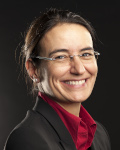 |
Prof. Dr.-Ing. Gisela Lanza wbk |
For me, Cultures of Knowledge represent the basis for global innovation. They influence international research results, which need to be combined and translated into applicable output to solve our current and future challenges such as sustainable energy or mobility on a global but also local level at the same time. Für mich sind Wissenskulturen die Grundlage für globale Innovation. Sie beeinflussen internationale Forschungsergebnisse, die kombiniert und in anwendbare Ergebnisse umgesetzt werden müssen, um unsere aktuellen und zukünftigen Herausforderungen wie nachhaltige Energie oder Mobilität auf globaler und gleichzeitig lokaler Ebene zu lösen. |
Link to the Profile |
Institutional dimension
 |
Prof. Dr. Darko Jekauc IfSS Representative of pillar institutional dimension |
To me, Cultures of Knowledge means cross-disciplinary collaboration, learning from each other, and doing research together. Für mich bedeuten Cultures of Knowledge die disziplinübergreifende Zusammenarbeit, das Lernen voneinander und gemeinsames Forschen. |
Link to the Profile |
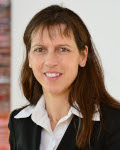 |
Prof. Dr. Ingrid Ott ECON |
Knowledge increases when it is shared. And even supposedly useless knowledge is valuable. The implications are clear: We must ensure that we create the right framework conditions for knowledge to emerge and be shared unconditionally. This is essential for ensuring lasting prosperity. Wissen gewinnt, wenn man es teilt. Und selbst vermeintlich nutzloses Wissen ist wertvoll. Die Implikationen sind klar: Wir müssen sicherstellen, dass wir die richtigen Rahmenbedingungen schaffen, damit Wissen entstehen und bedingungslos geteilt werden kann. Für die Sicherung dauerhaften Wohlstands ist dies essentiell. |
Link to the Profile |
 |
Prof. Dr. Martin Ruckes FBV |
For new insights into economic and social contexts, I need "new eyes". The "Cultures of Knowledge" diversity enables this new kind of view. Für neue Erkenntnisse über wirtschaftliche und gesellschaftliche Zusammenhänge benötige ich „neue Augen“. Die Vielfalt der „Cultures of Knowledge“ ermöglicht diesen neuartigen Blick. |
Link to the Profile |
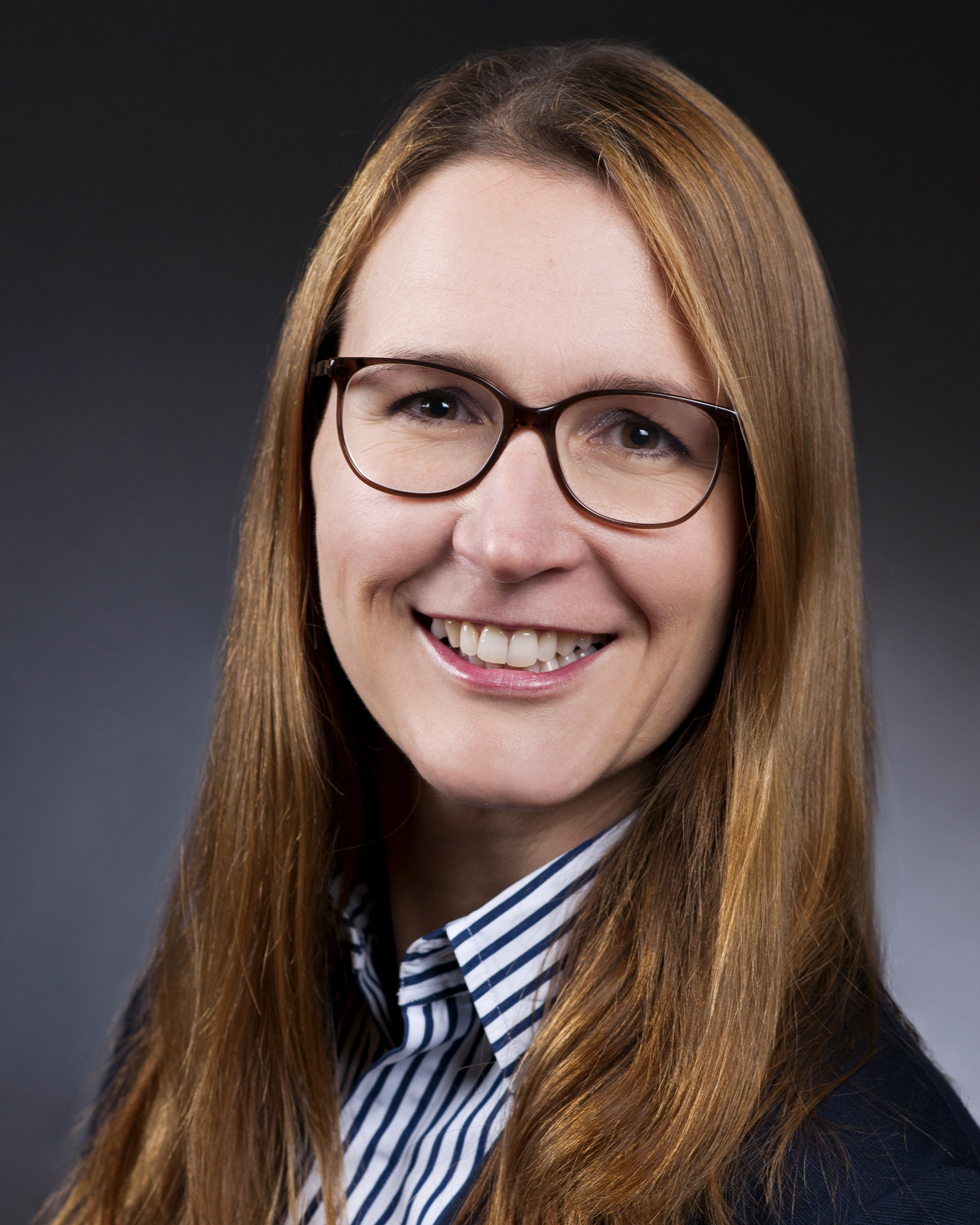 |
Prof. Dr. Britta Klopsch ISD |
The view beyond one's own discipline, the presentation of individual questions within one's own discipline also for people outside one's own discipline, the discussions that are initiated and the increase in knowledge that is stimulated as a result, as well as research questions that arise together, are central for me to bring us all forward as researchers and to grow - also personally. All this is made possible by the meeting in CuKnow, which connects all scientists for their benefit. Der Blick über den Tellerrand der eigenen Disziplin, die Darstellung individueller Fragen innerhalb der eignenen Disziplin auch für fachfremde Personen, die sich anstoßenden Diskussionen und der dabei angeregte Wissenszuwachs wie auch gemeinsam entstehende Forschungsfragen sind für mich zentral, uns alle als Forschende weiterzubringen und - auch persönlich - zu wachsen. Dies alles ermöglicht die Zusammenkunft in CuKnow, sie verbindet alle Wissenschaftler:innen zu deren Gewinn. |
Link to the Profile |
Societal dimension
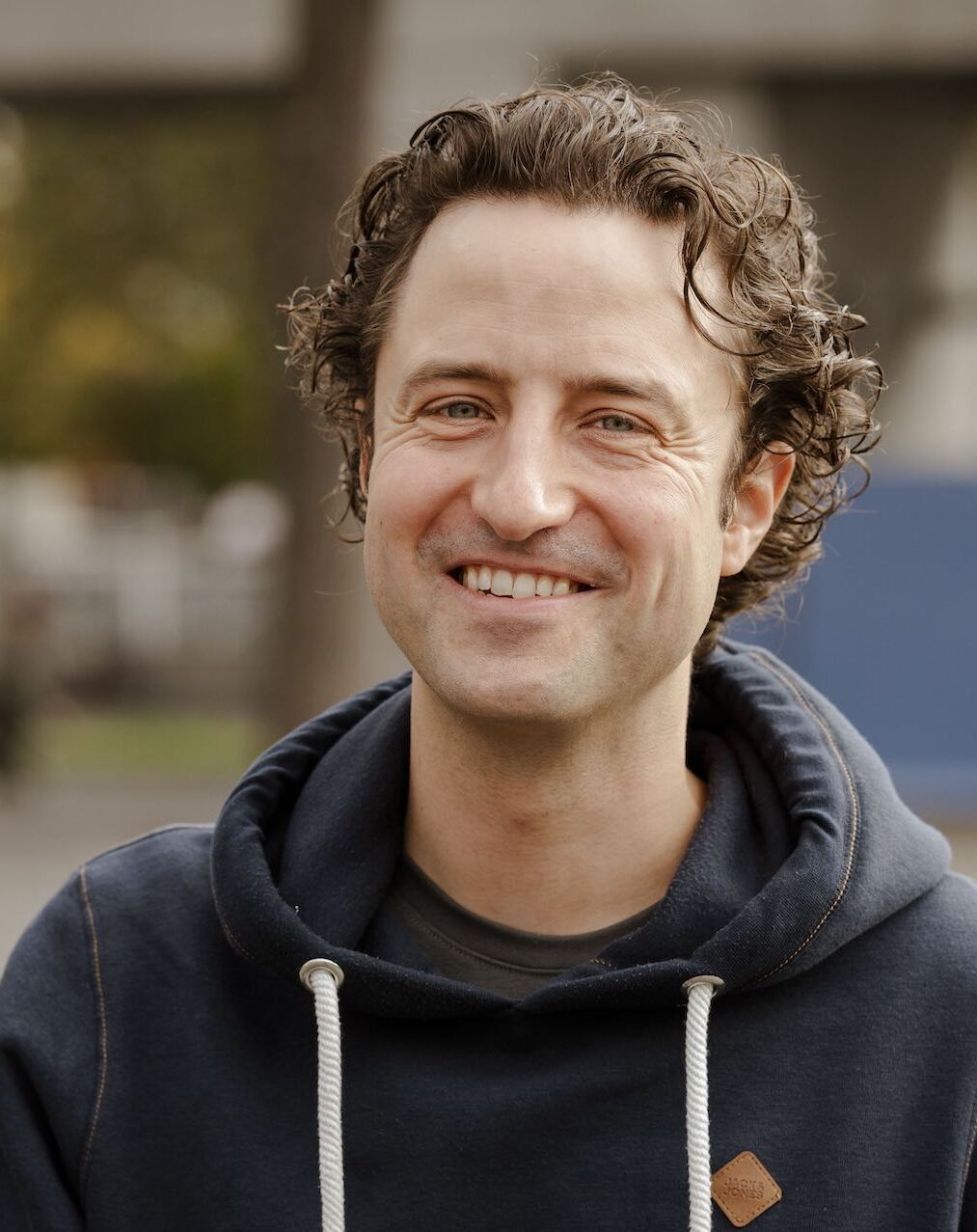 |
Prof. Dr. Michael Mäs ITZ-Sociology Representative of pillar societal dimension |
Ever since the Corona crisis, we know that there is only one reality, but often very different views on what is true. How can it be that societies that invest enormous resources in science and quickly communicate and debate its results nevertheless disintegrate into subgroups that cannot agree even on basic statements? What influence do social networks have on the Internet? Do social bots really have effects? How could digital communication and public debate be organized to reduce the spread of fake news and the polarization of opinions? Spätestens seit der Corona-Krise wissen wir, dass es zwar nur eine Realität gibt, aber oft sehr unterschiedliche Ansichten dazu, was wahr ist. Wie kann es sein, dass Gesellschaften, die enorme Ressourcen in die Wissenschaft investieren und deren Ergebnisse schnell kommunizieren und debattieren trotzdem in Teilgruppen zerfallen, die sich selbst über grundlegende Aussagen nicht einigen können? Welchen Einfluss haben soziale Netzwerke im Internet? Haben Social-bots wirklich Effekte? Wie könnte man digitale Kommunikation und öffentliche Debatte organisieren um die Verbreitung von fake-news und die Polarisierung von Meinungen zu mindern? |
Link to the Profile |
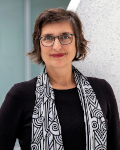 |
Prof. Dr. Annette Leßmöllmann ITZ-WMK |
How knowledge is dealt with in public, how decisions are justified with the help of (non-) knowledge, and how public discourse about knowledge proceeds, and sometimes also tips over - these are aspects of knowledge cultures that are studied at my chair. Wie öffentlich mit Wissen umgegangen wird, wie mit Hilfe von (Nicht-)Wissen Entscheidungen begründet werden und wie ein öffentlicher Diskurs über Wissen verläuft, und manchmal auch kippt – das sind Aspekte von Wissenskulturen, die an meinem Lehrstuhl untersucht werden. |
Link to the Profile |
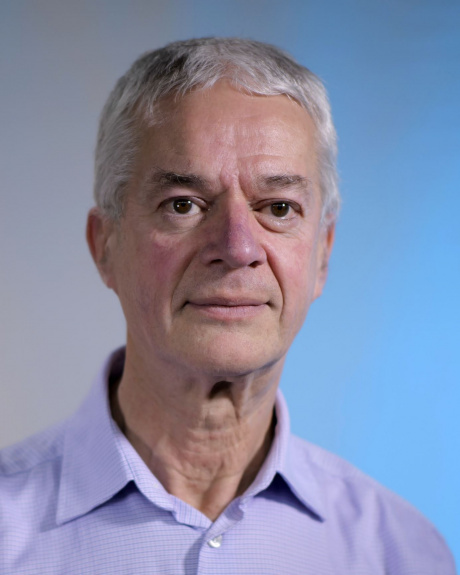 |
Prof. Dr. Gerd Gidion ISD |
The usage of digital media now permeates people's everyday (working) lives. The resulting teaching and learning formats are the focus of my scientific exploration and active contribution. We examine habits and (future) changes, implement innovative services for hybrid studies (in the KIT Center for Technology-Enhanced Learning) and research trends in cooperation with other universities. I am currently also interested in AI-based influences and the prospects of digital assistance systems in academic education. Die Nutzung digitaler Medien durchdringt mittlerweile den (Arbeits-) Alltag der Menschen. Die daraus entstehenden Formate des Lehrens und Lernens sind Schwerpunkt meiner wissenschaftlichen Erkundung und Mitgestaltung. Wir untersuchen Gewohnheiten und (künftige) Veränderungen, realisieren (im KIT Zentrum für Mediales Lernen ZML) innovative Dienste für das hybride Studium und erforschen die Trends in Kooperation mit anderen Hochschulen. Aktuell beschäftigen mich auch die KI-basierten Einflüsse und die Perspektiven digitaler Assistenzsysteme in der akademischen Bildung. |
Link to the Profile |
 |
Prof. Dr. Dr. Rafaela Hillerbrand ITAS/ARRTI |
As a physicist and a philosopher of science and technology, I study the different cultures of knowledge on a metalevel. Together with my research group, PhilETAS, we try to understand how models can enhance understanding or explanation in different scientific disciplines, engineering practices, or via tools like computer simulations, big data analysis, or machine learning. As head of ARRTI, the KIT Academy for Responsible Research, Teaching, and Innovation, I am also interested in how different cultures of knowledge incorporate responsibility for their research practices and their findings. Als Physikerin und Wissenschafts- und Technologiephilosophin untersuche ich die verschiedenen Wissenskulturen auf einer Metaebene. Zusammen mit meiner Forschungsgruppe PhilETAS versuchen wir zu verstehen, wie Modelle das Verständnis oder die Erklärung in verschiedenen wissenschaftlichen Disziplinen, technischen Praktiken oder durch Werkzeuge wie Computersimulationen, Big-Data-Analyse oder maschinelles Lernen verbessern können. Als Leiterin von ARRTI, der KIT-Akademie für verantwortungsvolle Forschung, Lehre und Innovation, interessiere ich mich auch dafür, wie verschiedene Wissenskulturen Verantwortung für ihre Forschungspraktiken und ihre Ergebnisse übernehmen. |
Link to the Profile |
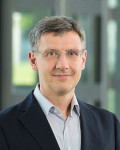 |
Prof. Dr. Orestis Terzidis ENTECHNON |
Entrepreneurial activity leads to new products and services from information on society, the environment and technology. In this context, cultures of knowledge are key to responsibly contributing to value creation and innovation. Unternehmerisches Handeln ermöglicht es, aus Information zu Gesellschaft, Umwelt und Technik neue Produkte und Dienste zu entwickeln. Wissenskulturen sind in diesem Kontext ein Schlüssel, um verantwortet zu Wertschöpfung und Innovation beizutragen. |
Link to the Profile |
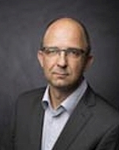 |
Prof. Dr. Marcus Popplow ITZ-History Representative of pillar historical dimension |
In the history of technology as my main field of research, the concept "cultures of knowledge" is very helpful to overcome simplifying dichotomies: Compared to the common juxtaposition of practical versus theoretical knowledge only, it allows a much more fine-grained analysis of various forms of technical knowledge in their historical dimension – covering, not the least, the knowledge of users dealing with technology as well. In der Technikgeschichte, meinem Hauptforschungsgebiet, ist das Konzept der "Wissenskulturen" sehr hilfreich, um vereinfachende Dichotomien zu überwinden: Verglichen mit der üblichen Gegenüberstellung von praktischem und theoretischem Wissen erlaubt es eine viel feinere Analyse verschiedener Formen technischen Wissens in ihrer historischen Dimension - und umfasst nicht zuletzt auch das Wissen der Nutzer im Umgang mit Technik. |
Link to the Profile |
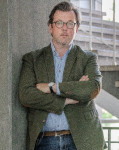 |
Prof. Dr. Oliver Jehle IKB |
My work uses material images as well as image motifs wandering through time and space in order to capture the change and transfer of image concepts. Looking at the history of (pictorial) ideas, I am concerned with the diverse processes of formation, transmission and application of image knowledge in the making. In meiner Arbeit verwende ich sowohl materielle Bilder als auch durch Zeit und Raum wandernde Bildmotive, um den Wandel und die Übertragung von Bildkonzepten zu erfassen. Mit Blick auf die Geschichte der (Bild-)Ideen befasse ich mich mit den vielfältigen Prozessen der Gestaltung, Weitergabe und Anwendung von Bildwissen im Entstehen. |
Link to the Profile |
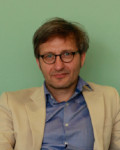 |
Prof. Dr. Michael Schefczyk ITZ-Philosophy |
I find the co-operative production of knowledge a worthwhile research topic. How do contributors in joint intellectual projects form beliefs about their respective roles and claims to authorship? What are the inner workings of different forms of intellectual co-operation? There are many fascinating questions here. For instance, we have strong reason to assume that women contributed more to many “cultures of knowledge” than they are credited for. Can we correct this bias? Ich finde die kooperative Produktion von Wissen ein lohnendes Forschungsthema. Wie bilden Teilnehmer an gemeinsamen intellektuellen Projekten Überzeugungen bezüglich ihrer jeweiligen Rollen und Ansprüche auf Urheberschaft? Wie funktionieren die verschiedenen Formen der intellektuellen Zusammenarbeit? Hier gibt es viele faszinierende Fragen. Wir haben zum Beispiel guten Grund zu der Annahme, dass Frauen zu vielen "Wissenskulturen" mehr beigetragen haben, als ihnen zugestanden wird. Können wir dieses Missverhältnis korrigieren? |
Link to the Profile |
Spatial dimension
 |
Prof. Dr. Michael Janoschka IFR Representative of pillar spatial dimension |
In the graduate school Cultures of Knowledge, I am interested in international perspectives and critiques of the concept of sustainability. International critiques and extensions of the concept of sustainability have been presented from different perspectives. If these international perspectives are integrated, the acceptance of the concept on a global level can be increased. Mich beschäftigt insbesondere, wie materielle Räume in Städten und Regionen von unterschiedlichen Akteuren ausgehandelt werden und welche Interessenskonflikte sich hierbei ergeben. Cultures of Knowledge äußern sich demnach in den konkreten materiellen und symbolischen Ausprägungen der gebauten Umwelt. Um Stadtzukünfte sowie einen auf den Prinzipien von Nachhaltigkeit und Gerechtigkeit basierenden Umbau von Stadtregionen zu denken, gestalten und analysieren, ist eine global vergleichende Perspektive auf Städte von zentraler Bedeutung. |
Link to the Profile |
 |
Prof. Dr. Jan Cermak IMK |
Climate research looks at changes in the framework conditions of human activity. Communication, social classification and interpretation of these scientific findings are major interdisciplinary challenges. Die Klimaforschung betrachtet Veränderungen in den Rahmenbedingungen menschlichen Handels. Kommunikation, gesellschaftliche Einordnung und Interpretation dieser naturwissenschaftlichen Erkenntnisse sind große interdisziplinäre Herausforderungen. |
Link to the Profile |
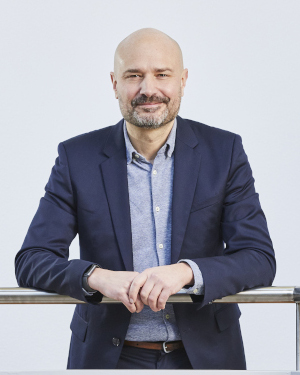 |
Prof. Dr. Daniel Lang ITAS |
In transdisciplinary research, differentiating and integrating different forms of knowledge is central to both making action-oriented contributions to dealing with societal problems and generating new scientific knowledge. For a corresponding co-production and re-integration of knowledge, Cultures of Knowledge play an important role and CuKnow is a fascinating platform to enable inter- and transdisciplinary collaboration. In der transdisziplinären Forschung ist das Differenzieren und Integrieren verschiedener Wissensformen von zentraler Bedeutung, um sowohl handlungsorientierte Beiträge für den Umgang mit gesellschaftlichen Problemen zu leisten, als auch neue wissenschaftliche Erkenntnisse zu generieren. Für eine entsprechende Co-Produktion und Re-Integration von Wissen spielen Cultures of Knowledge eine wichtige Rolle und CuKnow ist eine faszinierende Plattform, um inter- und transdisziplinäre Zusammenarbeit zu ermöglichen. |
Link to the Profile |
